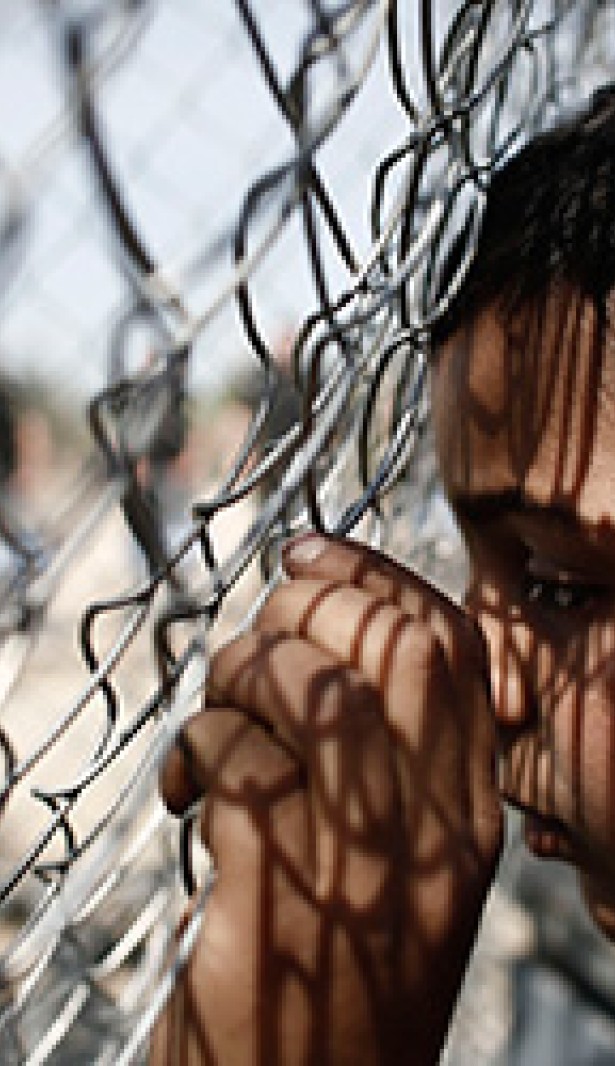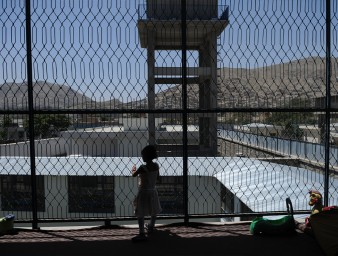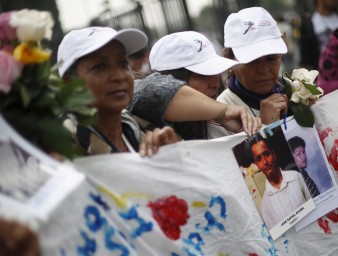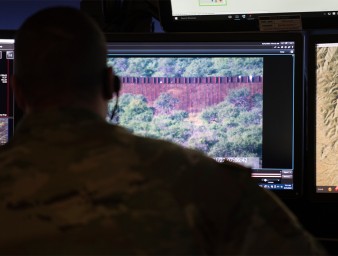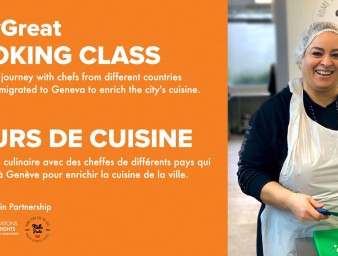Migrant children face grim human rights conditions in Greece
13 May 2016
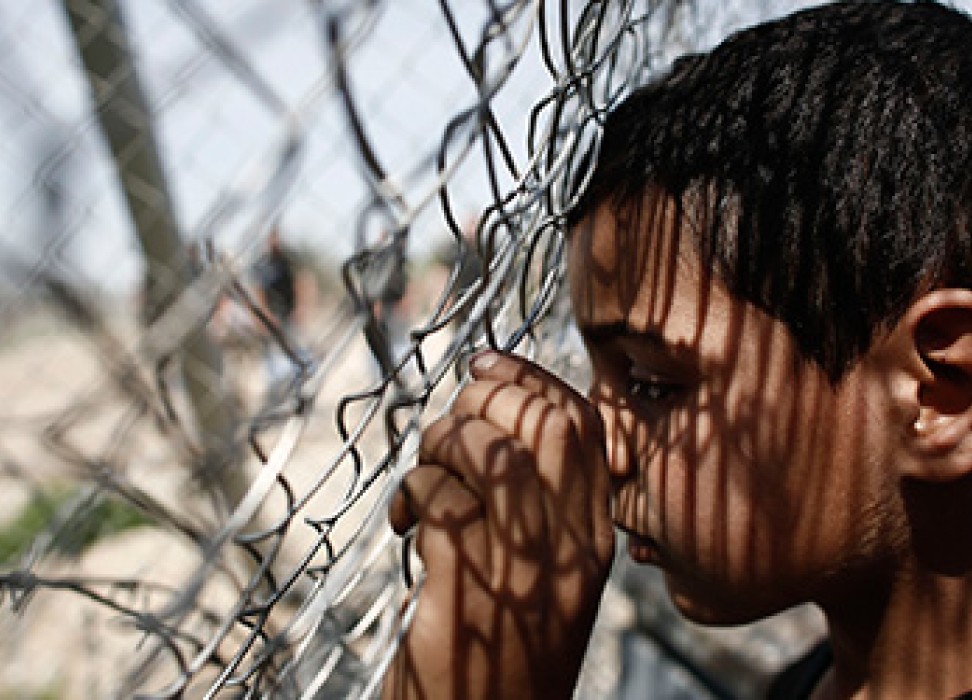
At first glance, the complex with its barbed wire, locked gates and squalid conditions in an immigration detention centre on Lesbos Island in Greece has all the hallmarks of a prison.
The compound, the Moria “hotspot”, is housing thousands of migrants, including children, who have made the perilous journey to Greece hoping to escape a life of discrimination, war, and extreme poverty.
The Moria hotspot in Greece was previously used as a centre for migrants to register, access basic services, and move on. Following the EU-Turkey agreement in March and the closing of borders, this facility has been turned into a detention centre.
Over the past few weeks, a group of boys from Pakistan between 14 and 17 years old have been living at this centre without their families. Their parents paid smugglers to bring them to Greece. They are residing with children from other countries including Iran, Sierra Leone and Afghanistan in a locked area without any access to education, sufficient food or child friendly activities.
They have not been given any information about why they have been placed in protective custody and what will happen to them. They feel they have been abandoned. One boy said he feels like he is in jail.
Since the beginning of 2016, Greece has seen the arrival of 155,656 migrants.
Approximately, one third of all migrants arriving in Greece are children.
These are some of the findings of a recent UN Human Rights Office monitoring mission on the human rights situation of migrants and refugees in Greece. In April, the Office visited hotspots on the islands of Lesbos and Chios, as well as informal and formal settlements in Idomeni.
The team was particularly struck by the situation of the children it spoke to living in the camps. According to the Office, migrant children, both accompanied and unaccompanied, are facing “serious violations to their human rights.” Whether they are in informal, formal, open or closed facilities, children lack access to education, play, adequate water and food.
In this situation, they may be also at risk of abuse and violence from guards and adult migrants.
Pia Oberoi, the UN Human Rights Office’s Advisor on Migration and Human Rights, was part of the team who met with migrant children. In a camp located in the northern part of Greece she saw children living in filthy conditions. She also said UN agencies and civil society organizations are struggling to provide safe spaces for them, while parents feel they can’t protect and care for their children.
The situation of unaccompanied children -- many of whom are adolescent boys -- is particularly worrying, Oberoi said. The Greek government is supposed to be placing them in shelters designed for children but for lack of space and other available alternatives, the children are instead placed in ‘protective custody’, such as police cells, which amounts to de facto detention.
“The children we spoke to in the Moria detention centre were locked in a 'prison within a prison',” Oberoi said. “They were scared, isolated and vulnerable. They felt they were being treated as prisoners or even criminals rather than individuals at risk. The almost complete lack of information in these camps and centres is compounding the acute sense of uncertainty felt by many children and their parents, and is exacerbating an already volatile situation.”
The severe trauma experienced by the majority of these children is having dangerous consequences to their mental health and development. According to Oberoi, the children interviewed said they have not received any psychological support since they arrived in Greece.
While the situation is grim, reforms are in progress and a number of alternative shelters organized by local civil society organizations or foster care arrangements have been set up to provide temporary guardianship for a small number of migrant children. But Oberoi stressed that progress was slow moving and these reforms are not yet having a significant impact.
“We must move faster,” she said. “Europe is failing these children.”
13 May 2016
